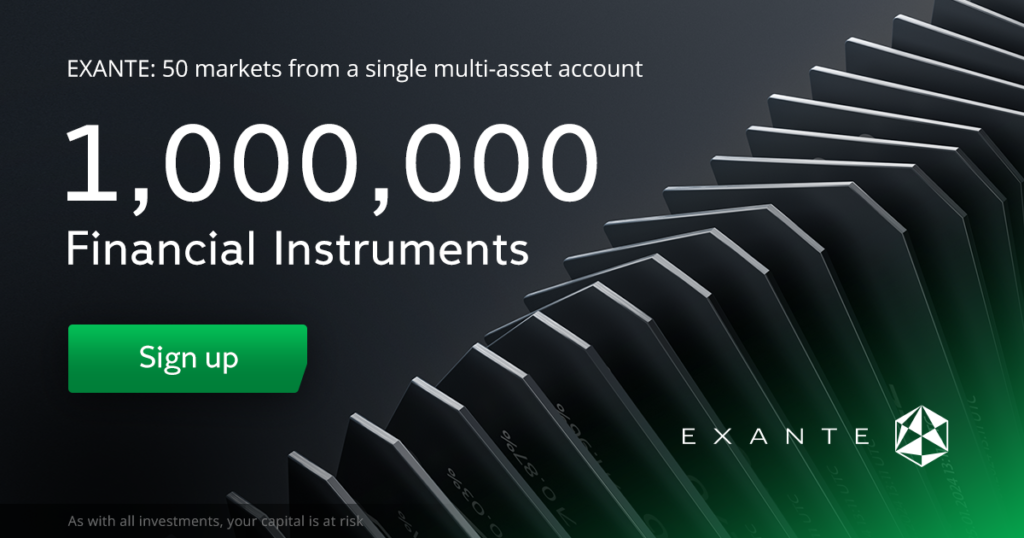In recent months, Nvidia, a titan in the semiconductor and AI sectors, has experienced significant fluctuations in stock price. This volatility is rooted in a combination of high market expectations, regulatory pressures, and intense competition within the industry. Nvidia Stock.
Stock Performance and Market Expectations
Nvidia’s upcoming earnings report is highly anticipated, with analysts expecting a substantial 112% increase in revenue compared to the previous year. Despite these optimistic projections, Nvidia’s stock has faced challenges in maintaining its high valuation, reminiscent of the tech boom of the 1990s. The stock’s trajectory has been further complicated by market volatility, with the Nasdaq testing technical levels like the 50-day moving average. Nvidia’s stock saw a 27% decline from its peak in late June to early August, echoing concerns of overvaluation among Big Tech stocks.
The company’s influence on the S&P 500, where it constitutes a significant portion of the index’s total return, means that its stock movements have broader market implications. As Nvidia prepares to release its earnings, investors remain cautious, aware that even strong financial performance may not guarantee further stock gains.
Competitive Pressures and Industry Dynamics Impacting Nvidia Stock Price
Nvidia’s dominance in the AI and semiconductor sectors is being challenged by both established and emerging competitors. Key players like AMD and Intel continue to innovate, pushing forward with their AI capabilities and semiconductor advancements. AMD, for instance, has been gaining traction with its high-performance computing solutions, while Intel is investing heavily in AI and data center technologies.
Emerging players, particularly Huawei, present additional competitive pressures. Huawei’s development of advanced AI chips, despite facing U.S. sanctions, has positioned the company as a formidable competitor in the AI chip market. These developments highlight the dynamic and rapidly evolving nature of the semiconductor industry, where technological advancements and geopolitical factors play critical roles.

Challenges and Opportunities
Nvidia’s strategic focus on AI and its partnerships with tech giants like Meta and Microsoft underscore its commitment to maintaining a competitive edge. However, the company’s expansion efforts are met with regulatory scrutiny, such as the U.S. Department of Justice’s investigation into its acquisition practices.
As the semiconductor landscape evolves, Nvidia must navigate these challenges while leveraging its strengths in AI innovation and strategic collaborations. The competition remains fierce, with rivals investing heavily to capture market share and drive technological advancements.
In conclusion, Nvidia’s stock performance and competitive position are at a critical juncture. The upcoming earnings report and strategic maneuvers by competitors will play pivotal roles in shaping the company’s future trajectory. Investors and industry observers alike will be keenly watching how Nvidia adapts to these multifaceted challenges in the ever-evolving technological landscape.
Disclaimer:
All information has been prepared by TraderFactor or partners. The information does not contain a record of TraderFactor or partner’s prices or an offer of or solicitation for a transaction in any financial instrument. No representation or warranty is given as to the accuracy or completeness of this information. Any material provided does not have regard to the specific investment objective and financial situation of any person who may read it. Past performance is not a reliable indicator of future performance.

















